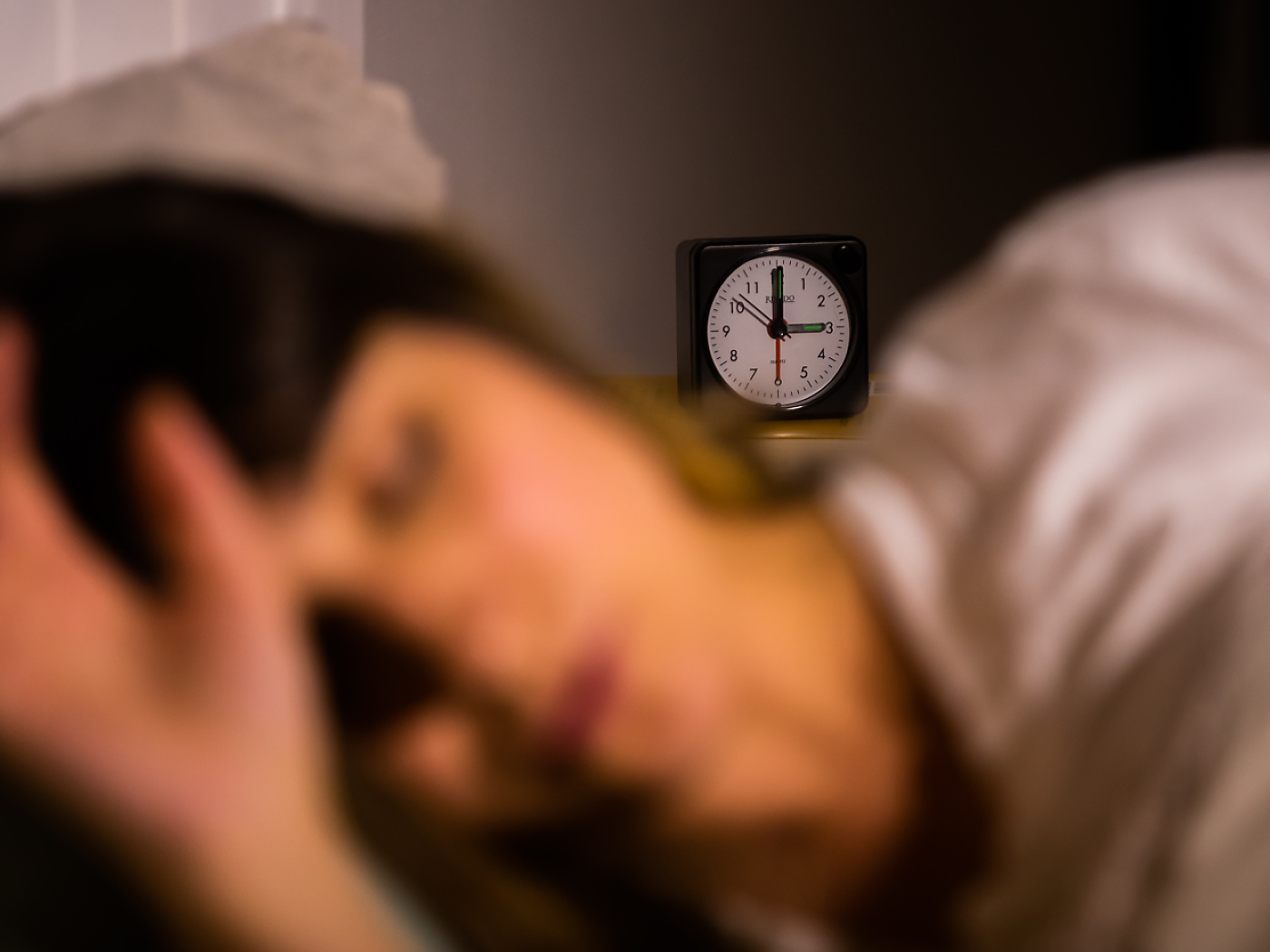
A third of Swiss suffer from sleep disorders

A third of the population suffered from sleep disorders in 2022, marking a rise of five percentage points over 25 years, the Federal Statistical Office (FSO) reports.
While a third of the population suffers from moderate (26%) or pathological (7%) sleep disorders, not all are affected to the same extent, the FSO said on Thursday. Women suffer more frequently than men (37% versus 29%), and disorders also increase with age.
Pathological variants have increased the most in 25 years (5% in 1997, 7% in 2022), with 15-39-year-olds and women most affected. Among young women, the proportion suffering from pathological disorders has almost trebled, from 3% in 1997 to 8% in 2022.
+ Get the most important news from Switzerland in your inbox
Sleep disorders are a major public health problem, with a strong influence on psychological and physical health. In particular, they have an impact on energy levels and perceived quality of life, according to the FSO.
Those with pathological sleep disorders are more likely to report moderate to severe symptoms of depression than those without sleep disorders (35% compared with 4%). Similarly, they are more likely to suffer from psychological distress (18% versus 2%) or moderate to severe symptoms of generalised anxiety disorder (25% versus 3%).
Sleep disorders can also have repercussions at work, particularly in terms of absenteeism, job dissatisfaction and burnout; 41% of sufferers with pathological sleep disorders are at risk of the latter, compared with 29% of those with moderate sleep disorders and 17% of those with no sleep disorders.
Stress at work and poor social support are also associated with sleep disorders.

More
Is Switzerland becoming the ‘burn-out nation’?
Physical health
There is also a vicious circle between sleep and pain, notes the FSO: musculoskeletal diseases and concomitant pain can prevent quality sleep. Conversely, sleep disorders can reinforce the perception of pain and hinder recovery.
People suffering from musculoskeletal diseases are more likely to report sleep problems than those who are not affected: 53% versus 32% for arthritis and 40% versus 27% for back pain, for example.
This publication is based on data from the Swiss Health Survey, conducted by the FSO every five years since 1992. A total of 19,137 people aged 15 or over completed the questionnaire.
Pathological sleep disturbance means frequent restless sleep and waking up several times a night. Moderate sleep disorders are equivalent to often having difficulty falling asleep, restless sleep, waking up several times a night or waking up too early in the morning, according to the FSO.
Adapted from French by DeepL/dos
This news story has been written and carefully fact-checked by an external editorial team. At SWI swissinfo.ch we select the most relevant news for an international audience and use automatic translation tools such as DeepL to translate it into English. Providing you with automatically translated news gives us the time to write more in-depth articles.
If you want to know more about how we work, have a look here, if you want to learn more about how we use technology, click here, and if you have feedback on this news story please write to english@swissinfo.ch.

In compliance with the JTI standards
More: SWI swissinfo.ch certified by the Journalism Trust Initiative































You can find an overview of ongoing debates with our journalists here . Please join us!
If you want to start a conversation about a topic raised in this article or want to report factual errors, email us at english@swissinfo.ch.